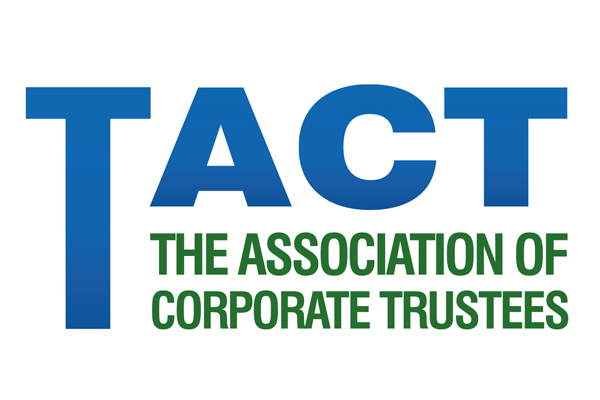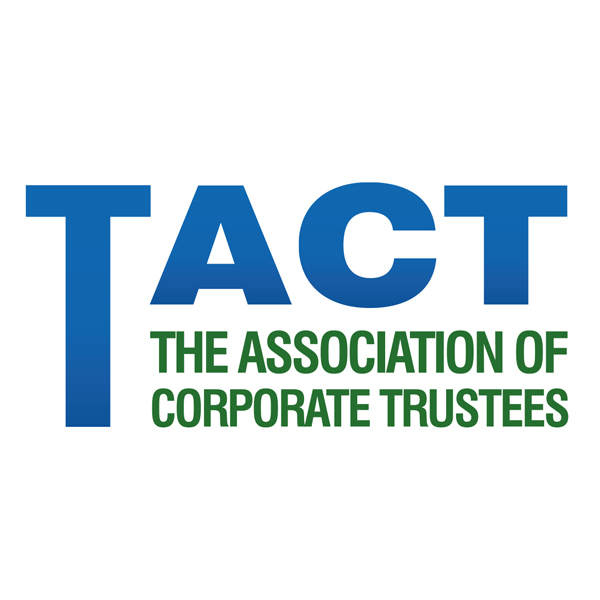Corporate Trustees: key responsibilities
A corporate trustee is entrusted with managing assets, making crucial decisions, and ensuring compliance with legal and regulatory requirements. As such, it is vital for corporate trustees to adhere to best practices to carry out their responsibilities effectively. Corporate trustees may act on many types of trust from private client and pension trusts to those used in loan and capital markets. Fundamentally, the duties to beneficiaries are similar.
Managing trust assets
Corporate trustees are responsible for prudently managing the assets held in trust according to the terms of the trust. This involves carefully analysing markets, evaluating investments, and making informed decisions to maximize the protection of the trust assets.
Administering trust distributions
Corporate trustees must distribute income and principal according to the terms of the trust, ensuring compliance with legal requirements. This requires a thorough understanding of the trust documents and the rights of the beneficiaries. Corporate trustees must also keep accurate records of all distributions made, providing transparency and accountability.
Ensuring compliance
Corporate trustees must adhere to applicable laws, regulations, and trust documents, ensuring compliance in all respects. This includes maintaining proper documentation, filing tax returns, and fulfilling reporting obligations. By staying compliant, corporate trustees safeguard the trust’s legal standing and protect the interests of the beneficiaries.
One of the key advantages of having a corporate trustee is their expertise in managing complex trust structures. With their extensive knowledge and experience, corporate trustees can navigate intricate legal and financial matters, ensuring the trust’s assets are properly safeguarded and managed.
Corporate trustees also act as neutral third parties, which can be invaluable in resolving disputes or conflicts of interest. Their impartiality and commitment to the best interests of all parties involved help maintain trust and foster cooperation.
Path forward
As the complexities of the business world continue to grow, the role of corporate trustees remains crucial in safeguarding the interests of beneficiaries and providing stability in trust management. By understanding the role, cultivating essential qualities, adhering to best practices, overcoming challenges, and embracing future trends, corporate trustees can navigate the ever-changing landscape and fulfil their responsibilities with excellence.





